This month audiences can screen Catherine McCord’s film آپ ٹھیک ہو جائیں گے۔ سیارہ کلاس روم نیٹ ورک یوٹیوب چینل پر۔
آپ ٹھیک ہو جائیں گے۔ takes the viewer through Catherine’s experience as she reflects on her open heart surgery as well as her life as a whole.
Through use of voiceover, old home videos, and recorded voice messages from friends and family, Catherine paints a picture of her experience during her encounter with Endocarditis. The resulting film is deeply moving and engages us with the emotional and physical burden of her experience and her journey to recovery.
تعلیم کے لئے گلوبل تلاش is pleased to welcome Director Catherine McCord
Catherine, your film is very beautiful – would you say you made this film for you, or for other people or both?
I made this film very quickly after I had surgery, and in a lot of ways I made it not only for myself, but it was a necessity that I make something to say thank you to all of the health care workers. The surgeons, نرسوں, and doctors that were part of my story and that genuinely they all have changed my life. And so I needed to make a film to express my gratitude towards them.
How did the process of making the film help you to feel “okay”?
I truly believe that storytelling and making films can be incredibly healing. I love the Ernest Hemingway quote, “write hard and clear about what hurts.” Throughout my life…ugh…and ever since I was 12, I’ve been making films, and since then I’ve made a lot of films that have been incredibly healing for me and helped me process and work through a lot of the different things in my life. And so with this film, getting back to feeling okay came when I was able to reach the summit on the mountain that’s featured in the film. I was with my two DPs that day and I hadn’t done anything physical like that since prior to my surgery. And I can remember walking the halls shortly after my surgery and looking out the window and seeing the Blue Ridge Mountains and I would think to myself, “I wonder how long it’ll be until I am seeing the other side of that view.” So when I finally did reach the summit of that mountain, it was just one of those very affirming moments, and I just knew that I was going to be okay.
You did such an incredible job writing, ہدایت کاری, and editing this film. Can you speak a little about your vision and your creation process?
I actually knew that I wanted to make a film the night before my surgery. I had brought my old home movie camcorder and I gave it to my mom and I told her, “ you know, the next few days I may be really out of it because of the surgery but I just know that I have to make something about this one day and I will be very appreciative to have footage of this entire recovery process.” So I entrusted her with that camcorder and she filmed a lot of footage while I was there in the ICU unit, and shortly after that when I was able to go back and look through that footage, the film started to piece itself together in my mind. I think that opposed to a narrative film, the story really started to piece itself after certain moments happened in my recovery process.
One of my favorite moments is right after your surgery, you are taking your first steps with some nurses, and this scene is juxtaposed with a home video of you learning how to walk as a baby. Tell me about your decision to insert this footage?
That scene was actually one of the very first ideas that I really wanted to make happen in this film and I think it’s because going through a health crisis, losing your health, and in my case, right after surgery because my strength had pretty much been taken from me, I had to really relearn how to walk and use the help of physical therapists and nurses. And so, pairing that with the footage of me as a baby learning how to walk, I just wanted to get across that something as simple as walking can be taken from you, but there’s also a lot of joy and regaining your strength there is hope and being able to overcome that type of struggle.
What are some of the themes you want viewers to take away from your film?
My two DPs that worked on this film asked me, “If you could encapsulate this film, what you’re wanting to achieve, what you’re wanting to leave the viewer with, after watching any moment of it, what one word would you choose?” And immediately I just said “Hope”. I wanted hope to be a major theme throughout this entire project, and also gratitude. I think gratitude and being grateful for having your health, being grateful for the people in your life that are there to support you, and especially in this particular story, at the very end in the film, by saying for my heroes that’s 100% true because I did want to express an immense amount of gratitude for those individuals that helped me come out of that health crisis and regain my health.
Thank you Catherine.
C.M. Rubin and Catherine McCord
مت چھوڑیں آپ ٹھیک ہو جائیں گے۔ by Catherine McCord (NFFTY کے ذریعہ تیار کیا گیا), اب اسکریننگ پلینٹ کلاس روم نیٹ ورک یوٹیوب چینل پر.

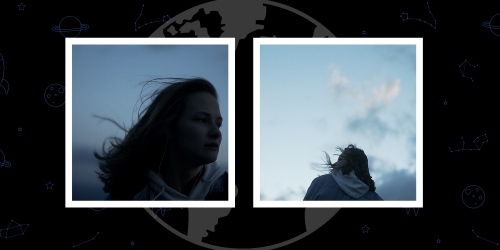
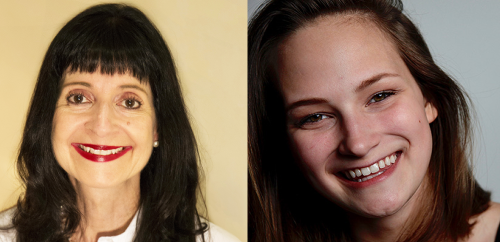

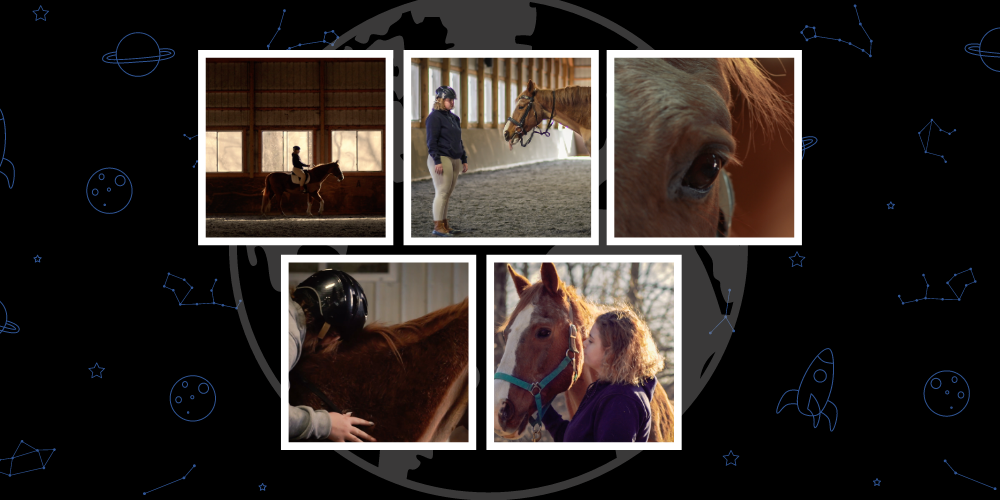
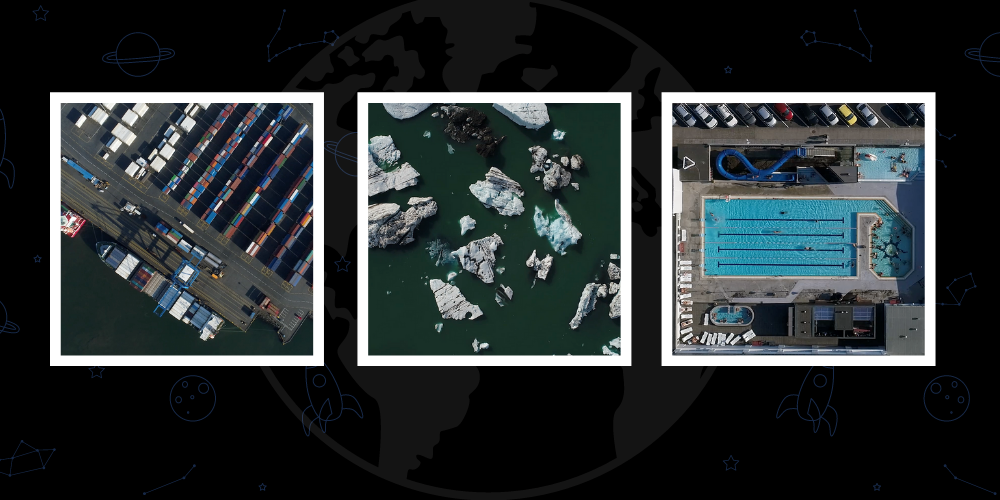
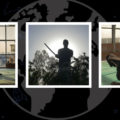
حالیہ تبصرے